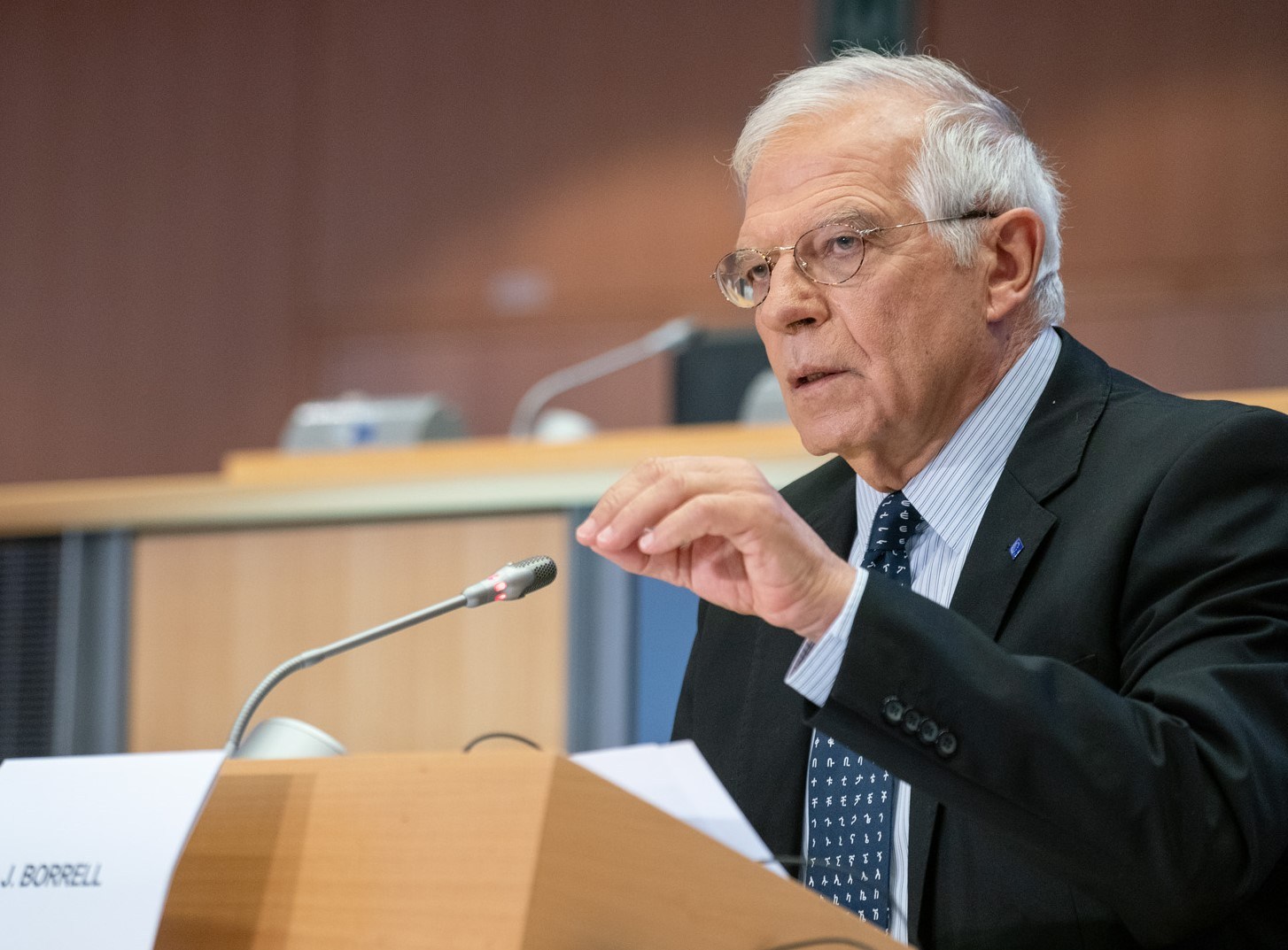At the Foreign Affairs Council meeting in Brussels on Monday, the issue of the recognition of Palestine was not on the agenda, despite calls from the Luxembourgian foreign minister Jean Asselborn to discuss the issue.
In recent interviews he has argued that one way to promote support for the two-state solution - Israel and a future Palestinian state living side by side in peace and security - would be to create a more equitable situation for both parties by recognizing the state of Palestine.
The two-state solution, to be achieved in direct bilateral talks between Israelis and Palestinians, is EU’s solution for solving the conflict, to which both sides at least pay lip service. EU has also repeatedly stated that it will only recognize those borders that have been agreed by the parties to the conflict. This would seem to exclude any premature recognition of a Palestinian state.
Asked by The Brussels Times at a press briefing yesterday (10 December) if there has been any change in EU’s position, the new spokesperson for the European External Action Service (EEAS) replied “no” and seemed to exclude the possibility of any recognition on EU level of Palestine.
“The recognition of Palestine or other countries is the competence of individual member states. The European Commission is not recognising states,” he said. “The EU position is focussed on a two-state solution. We are encouraging both parties - and this is a long-standing position – to talk to each-other to find a negotiated solution that leads to a two-state solution.”
That said, he confirmed that Asselborn’s proposal had been mentioned in the meeting and may be discussed in the context of the wider situation in the Middle East in the next Foreign Affairs Council meeting in January. Whether this leaves the door open for a change in EU’s position is not clear.
Luxembourg is reportedly supported by Ireland and other Member States such as Sweden which in 2014 recognized Palestine in the hope that it would send a signal to the moderate forces among the Palestinians and level the playing field in future negotiations. In reality it turned out to be counterproductive.
The new EU foreign policy chief, Josep Borrell, admitted at the press conference following the Foreign Affairs Council meeting that “among European Member States, the recognition of the Palestinian state or the situation in Middle East is something which is very much dividing.”

Josep Borrell, EU High Representative for Foreign Affairs and Security Policy, Credit: EU
“What we have decided is that in January, we will devote one point of the agenda to deeply discuss the situation in Middle East and of the Middle East Peace Process,” he said.
When his predecessor Federica Mogherini gave a speech in the European Parliament (27 November) on the situation in Israel and Palestine, she did not mention the recognition of Palestine as a way out of the present deadlock in the peace process. Instead she expressed her support to and belief in a negotiated two-state solution.
“Our support to the two States is a matter of international law, a matter of justice and democracy and also a matter of realism. It is my firm conviction that with courageous leadership a return to negotiations is still possible. I am still convinced today, five years after my first visit as High Representative in Palestine and Israel, that this is the goal and this is realistically achievable.”
Premature recognition of Palestine might make the Palestinian government believe that it can achieve statehood without having to negotiate with Israel on the difficult final-status issues such as borders, security arrangements, Jerusalem and the refugees. That said, EU should find innovative ways to revive the peace process before it is too late. For too long it has been obstructed by both sides.
M. Apelblat
The Brussels Times

